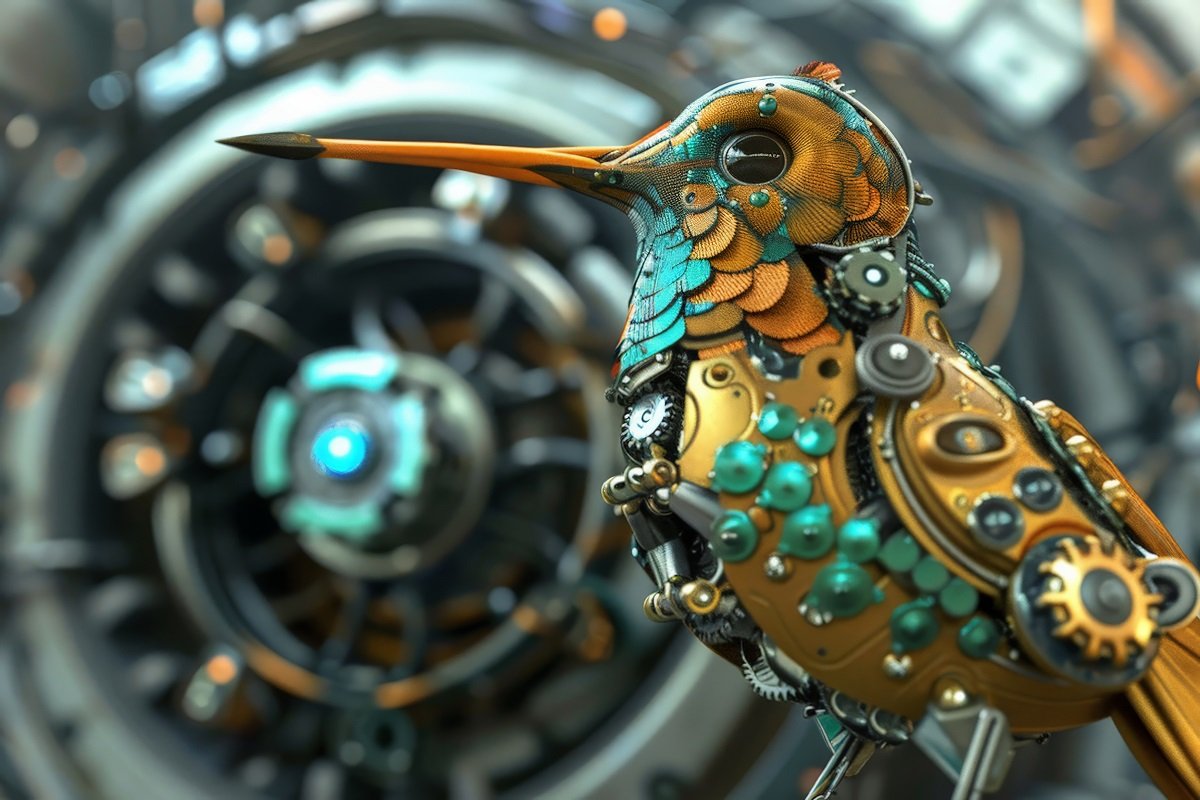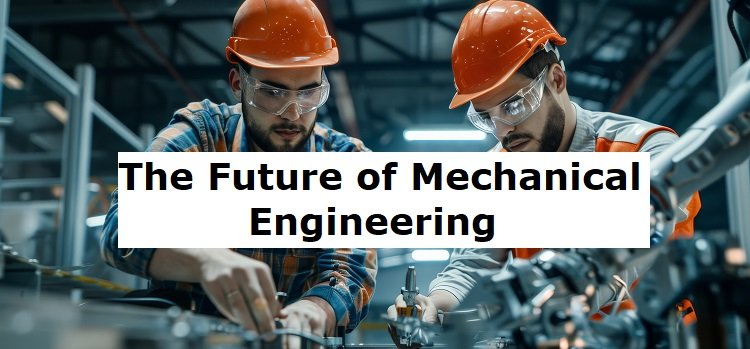Mechanical engineering, a cornerstone of the industrial world, is undergoing a transformative evolution. As technology advances at an unprecedented pace, mechanical engineers are at the forefront of integrating cutting-edge innovations into practical applications. This article explores the emerging trends and groundbreaking innovations that are set to shape the future of mechanical engineering.
Emerging Trends in Mechanical Engineering
Robotics and Automation

Robotics and automation are revolutionizing mechanical engineering. With the increasing demand for efficiency and precision, robots are being integrated into manufacturing processes, reducing human error and increasing productivity. Automated systems are not only streamlining production lines but also paving the way for advanced robotic applications in various sectors, including healthcare and aerospace.
Sustainable Energy Systems
Sustainability is a key focus in modern mechanical engineering. Engineers are developing innovative solutions to harness renewable energy sources, such as solar and wind power. The push towards sustainable energy systems is driving the creation of energy-efficient machines and processes, reducing the carbon footprint of industrial activities. This trend not only addresses environmental concerns but also promotes long-term economic benefits.
Advances in CAD/CAM Technology

Computer-Aided Design (CAD) and Computer-Aided Manufacturing (CAM) technologies are essential tools for modern mechanical engineers. Recent advancements in these technologies have significantly improved design accuracy and manufacturing efficiency. Enhanced CAD/CAM software allows engineers to create detailed simulations and prototypes, minimizing errors and optimizing the production process. This trend is critical for developing complex machinery and innovative products.
Innovations Shaping the Future
Innovative Materials
The development of new materials is a game-changer for mechanical engineering. High-performance materials, such as carbon fiber composites and advanced alloys, offer superior strength-to-weight ratios, corrosion resistance, and durability. These materials are crucial for applications in aerospace, automotive, and construction industries. As research in material science progresses, engineers can expect to work with materials that offer unprecedented capabilities.
Artificial Intelligence and Machine Learning
Artificial Intelligence (AI) and Machine Learning (ML) are transforming the landscape of mechanical engineering. AI-driven algorithms are being used to optimize design processes, predict maintenance needs, and improve the overall efficiency of mechanical systems. Machine learning models can analyze vast amounts of data to identify patterns and make informed decisions, enhancing the precision and reliability of engineering solutions.
3D Printing and Additive Manufacturing
3D printing, also known as additive manufacturing, is revolutionizing the way mechanical components are produced. This technology enables the creation of complex geometries and custom parts with high precision. Additive manufacturing is particularly beneficial for prototyping and low-volume production, reducing lead times and costs. As the technology matures, it is expected to become a mainstream method for manufacturing a wide range of mechanical components.
Impact on Career Opportunities
The rapid advancements in mechanical engineering are opening up new career opportunities for engineers. Professionals with expertise in robotics, AI, sustainable energy, and advanced manufacturing technologies are in high demand. As industries continue to embrace these innovations, the need for skilled mechanical engineers will only grow. Engineers who stay updated with the latest trends and continuously enhance their skill sets will be well-positioned to thrive in this dynamic field.
Conclusion
The future of mechanical engineering is bright, driven by technological advancements and a growing emphasis on sustainability. Trends such as robotics, sustainable energy systems, and CAD/CAM technology are redefining the field, while innovations like AI, new materials, and 3D printing are setting new benchmarks for excellence. Mechanical engineers who embrace these changes will play a crucial role in shaping a sustainable and technologically advanced future.
https://www.youtube.com/watch?v=pQaQdSj_Gh8&pp=ygU8VGhlIEZ1dHVyZSBvZiBNZWNoYW5pY2FsIEVuZ2luZWVyaW5nOiBUcmVuZHMgYW5kIElubm92YXRpb25z




